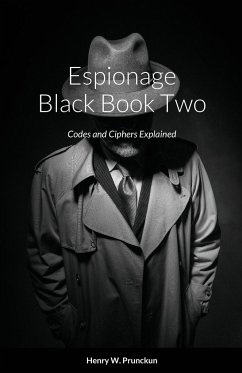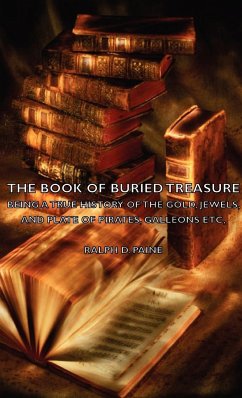Benjamin Franklin once said, "Three may keep a secret if two of them are dead." There is some truth to that thought, but when there is a need to transmit secret information from one person to another, communication will undoubtedly be via a cryptosystem. In this second in the series of "Espionage Black Books," former government intelligence officer Dr Henry Prunckun explains what codes and ciphers are, how they are created, and how they can be broken. These fascinating details lead to a discussion about so-called unbreakable ciphers, and whether they can survive future attacks by quantum computers and sophisticated search algorithms.
Hinweis: Dieser Artikel kann nur an eine deutsche Lieferadresse ausgeliefert werden.
Hinweis: Dieser Artikel kann nur an eine deutsche Lieferadresse ausgeliefert werden.








